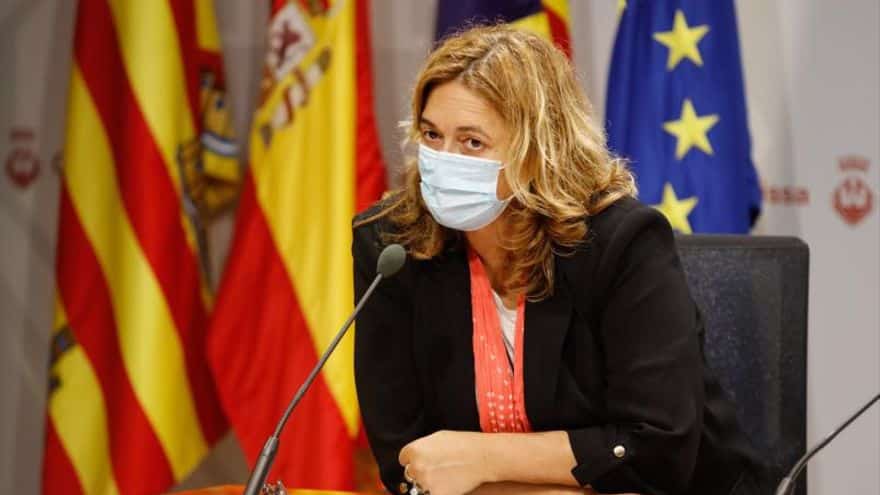Carolina Escandell, Ibiza’s consellera for Social Welfare, pointed directly to the Internet as the origin of these aggressions: “Social media normalise situations that were clearly intolerable before”. She also gave the example of “online prostitution, which normalises access to sexual content that is clearly not normal or healthy“. This year, the Women’s Office dealt with 12 cases of young people aged 14 to 20 who were victims of male violence by partners or ex-partners, a number which, although “stable” compared to 2020, is still terrifying. Prevention is, therefore, increasingly important”. She believes that it is with young people “that we have to work the hardest because they are the ones who have the most questions, and who live in a context of greater defencelessness and misinformation”, she explained.
“Online prostitution normalises access to sexual content that is clearly not normal or healthy”
“The Women’s Office and CEPCA (the Centre for the Study and Prevention of Addictive Behaviour) have been working for some time on educational programmes in schools, because the figures show us that the number of young women who are victims of gender violence is increasing,” said Escandell. Belén Alvite, CEPCA’s director, explained that in 2021 a total of 2,212 pupils from 108 secondary school classes took part in the service’s equality training programmes. Alvite explained how important it is for adolescents to know how to identify “a good relationship” and, above all, what “gender violence” is. The best vaccine for all of this,” he added, “is for them to grow up in an environment of equality”.
This year, 64 women have also been looked after in the refuge accommodation programme. Carolina Escandell remarked that the spaces, which were ” very limited” when the programme began “due to all the demand and existing needs”, have been increased. Thanks to these new spaces, it has been possible to respond to all the needs in a pandemic situation “where the spaces had to be widened and sharing rooms was not possible “. This year, 64 women and 30 children were welcomed (in 2020 there were 62 and 21, respectively), with an average stay of 49 days, the same as in 2020. Tonyi Ferrer, coordinator of the Women’s Office, believes that this length of stay is a collateral effect of the pandemic, as the women have not been able to find permanent jobs that would give them “the necessary stability” so as not to have to depend on this support.
Of this total, 35 women and 13 children needed emergency accommodation (including three social emergency cases and eight cases of pregnant women or women with migrant children who arrived in small boats to the Pitiusas), while 29 women and 17 children were welcomed in a standard way. In the case of the migrants who arrived in small boats, “a housing solution was provided so that the mothers did not have to be separated from the children”, explained Escandell. The Women’s Office helped 46 children in the psychological care programme for children of women who are victims of gender violence.
For the full article, please visit Diario de Ibiza website here.


